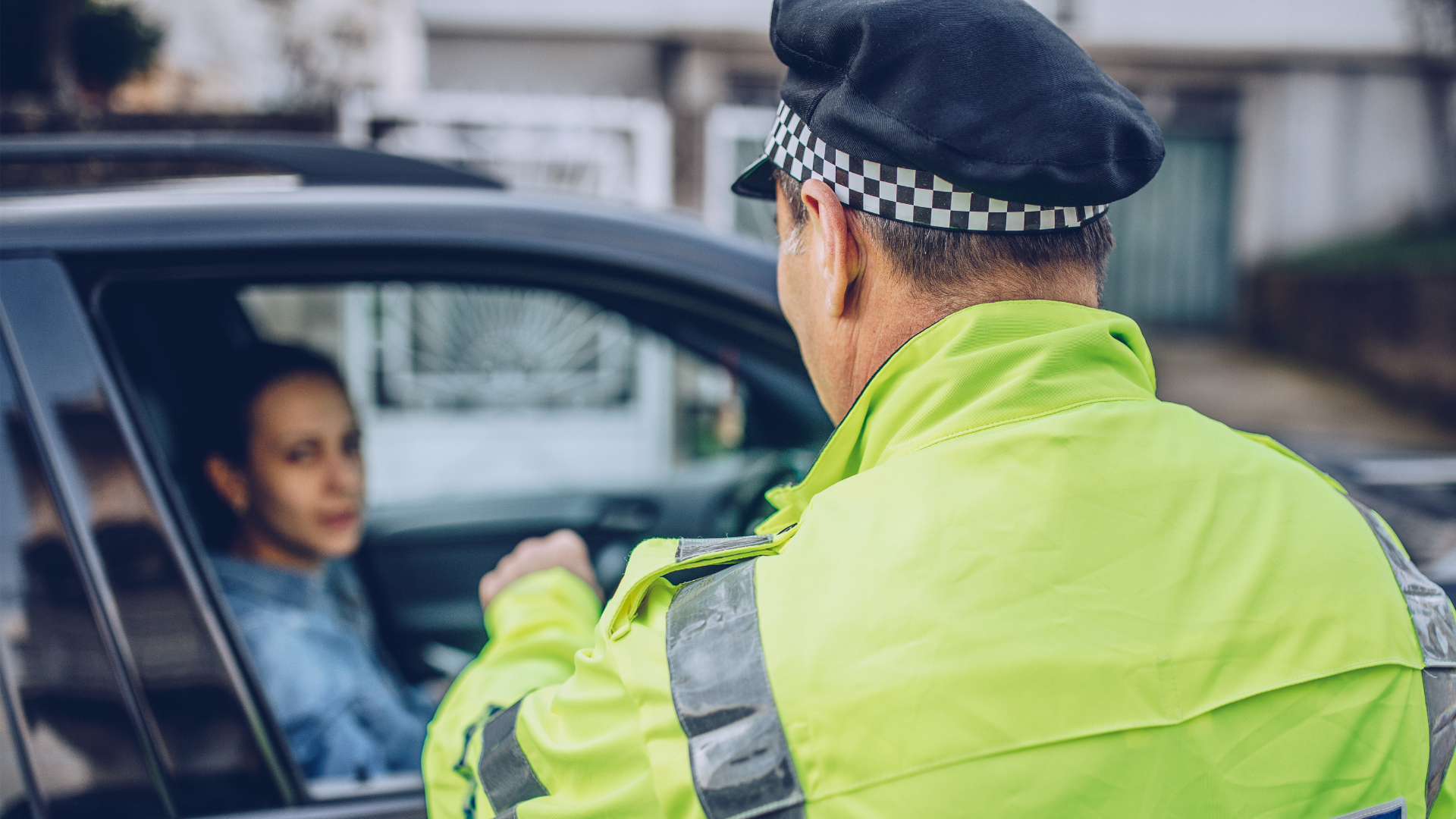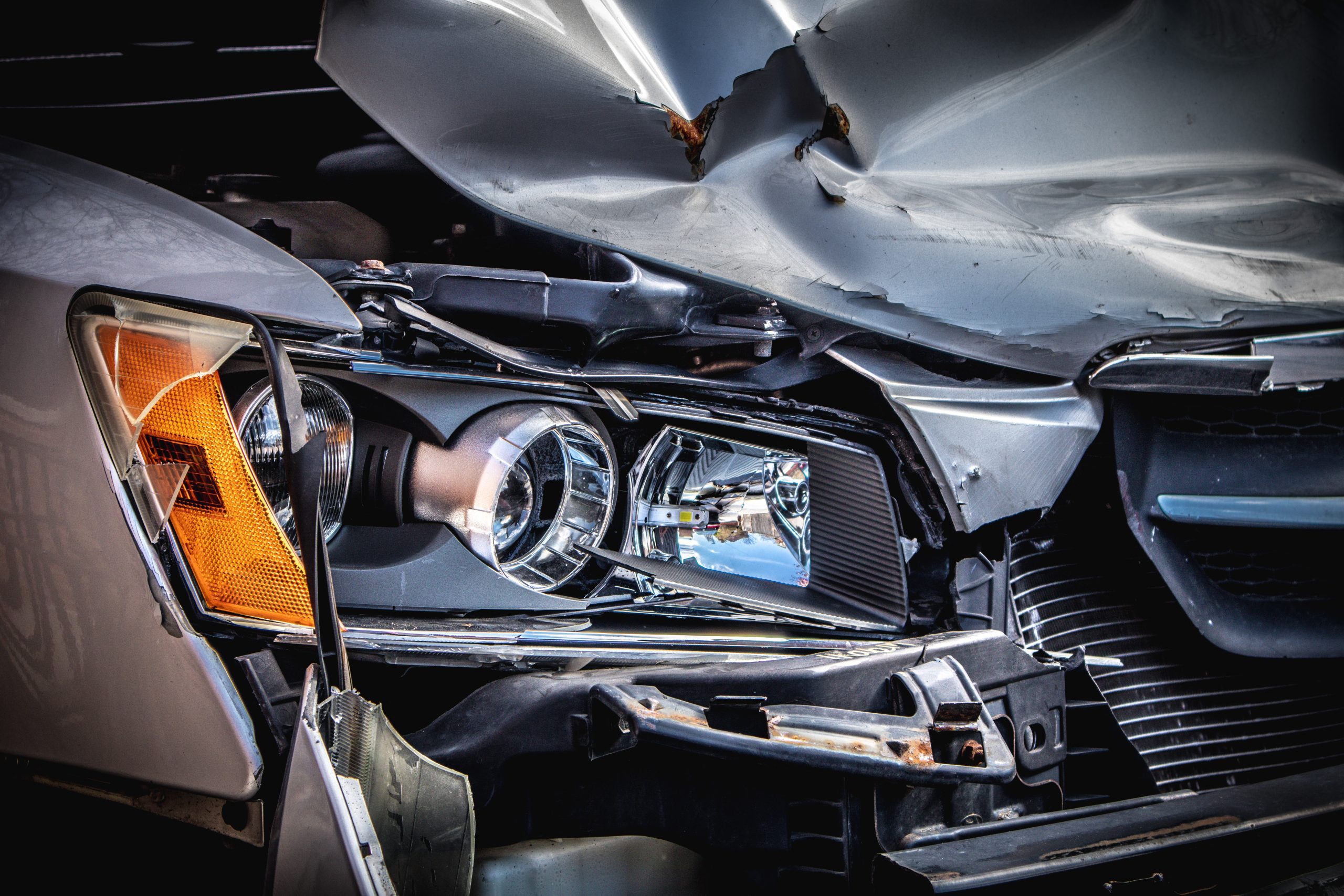
Understanding Drug Driving Charges in Scotland: What You Need to Know
What is Drug Driving and what Happens If You Are Facing Drug Driving Charges? Drug driving isn’t just about illegal...
Scullion News & Resources

When it comes to driving offences, it is essential to know the difference between two common charges: careless driving and dangerous driving. Not only do these charges differ in terms of driving behaviour, but they also have varying consequences for the drivers facing them.
The dividing lines between careless and dangerous grow sharper when looking at court disposals and the impacts of guilty verdicts.
Defined in Section 3 of the UK Road Traffic Act 1988, careless driving involves operating vehicles without proper care, attention, or reasonable consideration of others. It falls below competent driver standards but does not cause blatant, willful danger.
Meanwhile, Section 2 of the same Act outlines dangerous operations significantly deviating from safe norms, posing clear hazards. No fixed negligent behaviours are listed. It comes down to the degree of divergence and the risks posed.
A careless conviction often leads to 3–9 penalty points added or discretionary licence suspension alongside fines up to £2500 maximum. Unlike careless verdicts, dangerous ones open up harsher outcomes—potential 2-year imprisonment plus mandated licence suspension lasting at least one full year minimum. Heavy fines and retesting requirements also follow.
For such driving offences, technically, the accused deserves sufficient warning within 14 days before a conviction sticks. If no collision occurred, police must issue this notice per Section 1 of the Road Traffic Offenders Act 1988.
Here, “accident” means something different than “collision” legally—a nuanced but crucial variance requiring expert navigation in defence arguments. Uncertainty around warning protocols provides grounds to challenge the competency of charges, entirely separate from weighing evidence. From there, special necessity or duress defences also come into play potentially. It’s an intricate territory necessitating specialised legal guidance.
This is why we emphasise that “even when you’re guilty, you have more options than you think.” Road traffic law is complex, and it’s essential to have expert advice and representation. So, whether you are facing a charge of dangerous driving or careless driving, it is in your best interest not to take any chances with your freedom and livelihood. Reach out to our award-winning Road Traffic Team for the guidance and representation you need.
Understanding the differences between dangerous driving and careless driving is crucial for drivers facing such charges. While the distinction lies in the degree of deviation from the standard of a competent and careful driver, the consequences and disposals associated with each offence vary significantly. It is important to note that accidents are not necessary for these charges. Drivers may be surprised when faced with the allegations.
Seeking the expertise of a road traffic lawyer is vital. They can challenge convictions based on legislative competency and explore potential defences.
If you have any questions or need specialised road traffic advice, don’t hesitate to contact us at 0141 374 2121. Book an appointment with a road traffic lawyer here.

What is Drug Driving and what Happens If You Are Facing Drug Driving Charges? Drug driving isn’t just about illegal...

Understand the facts about drug driving laws, the impact of cannabis on driving, legal limits, detection times, and potential consequences,...

How Scullion LAW Act for You in Dangerous Driving Charges Being charged with dangerous driving in Scotland can feel overwhelming....